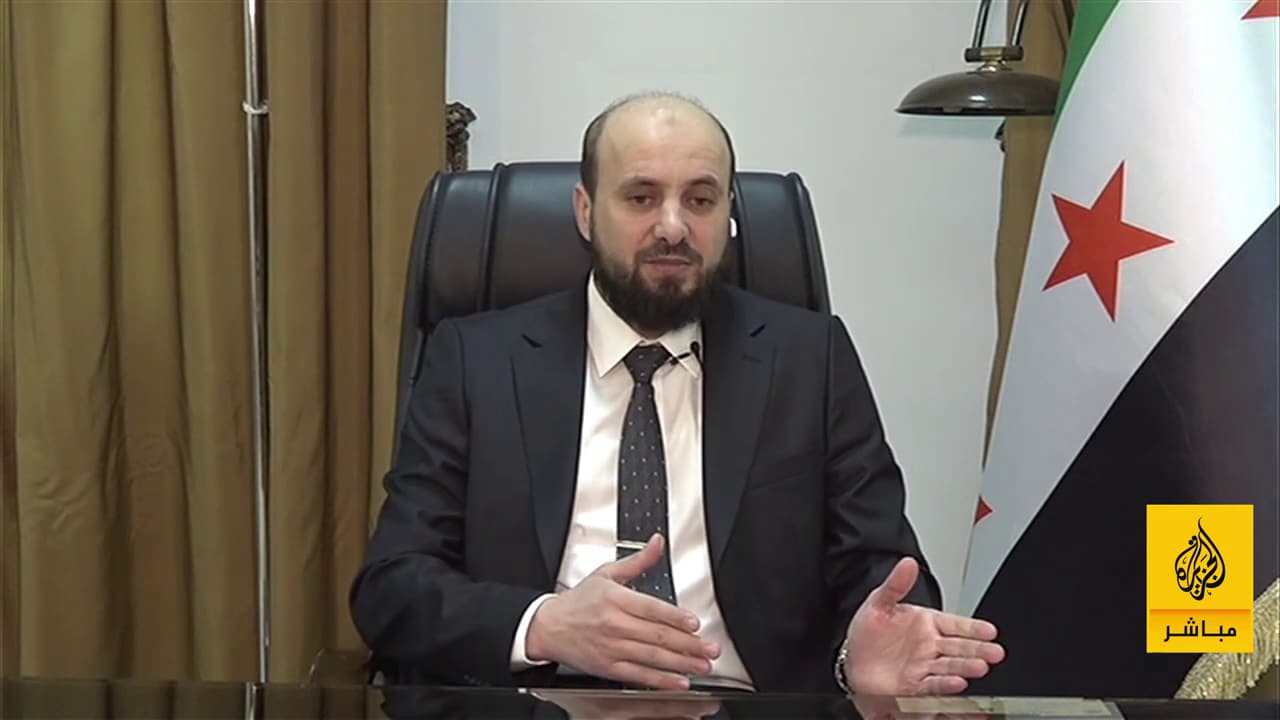
During a recent Tunisian parliamentary session, MP Nadiaa Najlaoui called to abolish the clause in Article 21 of the draft constitution that permitted exceptions to the prohibition on the death penalty. She opposed the death penalty for three reasons: on the grounds that no human being had the right to take another's life, that execution was not successful as a deterrent, and that there was the possibility of wrongful conviction.
Following are excerpts from her statement, which aired on Al-Wataniya TV and were posted on the Internet on January 6, 2014:
Rabiaa Najlouni: I oppose the second part of [Article 21 of the constitution], which allows for exceptions in "extreme cases to b determined by law." I ask my colleagues to vote in favor of omitting this clause, for three reasons:
First, the right to life is not granted by one human being to another. Thus, no person can take away this right from another through legal proceedings.
Secondly, the intended goal of the death penalty is to punish and deter. However, the experience of countries that implement the death penalty has shown that this punishment is not a deterrent to crime or killings. I am against dealing with killing with killing.
Finally, in many cases, a person who was executed turns out to have been innocent, and to have been wrongly executed.
Therefore, I ask my colleagues to vote for the removal of this phrase, so that Article 21 reads: "The right to life is sacred and cannot be denied." Thank you.
[...]














